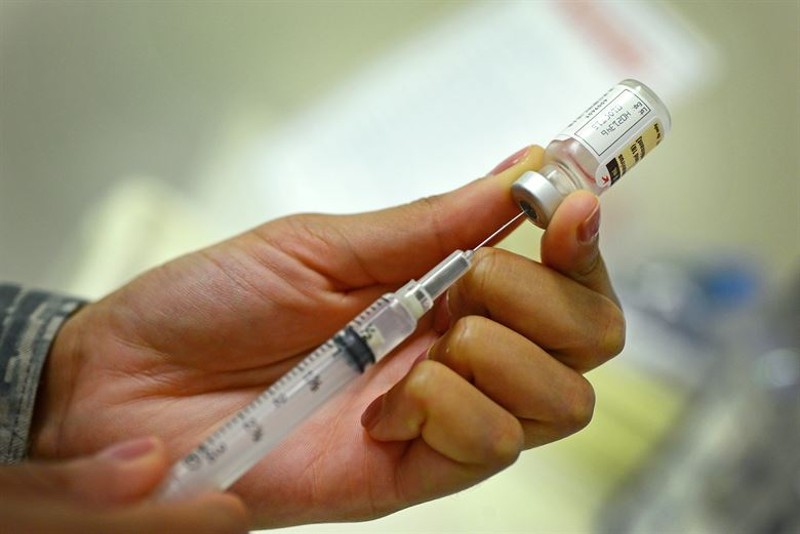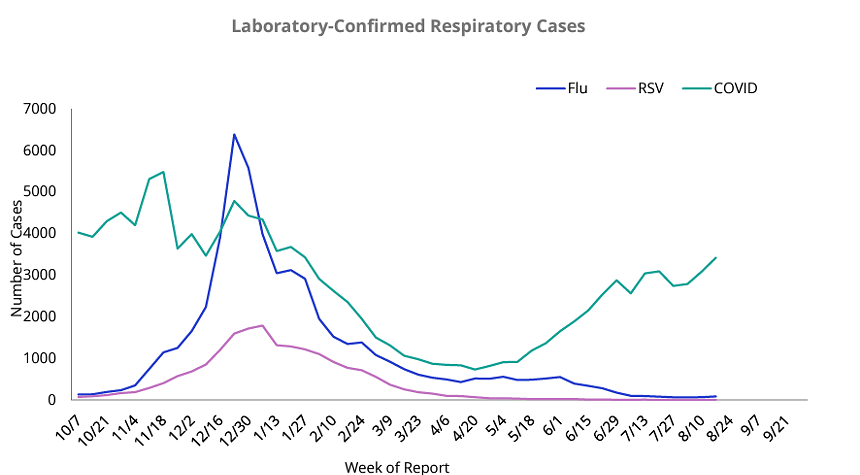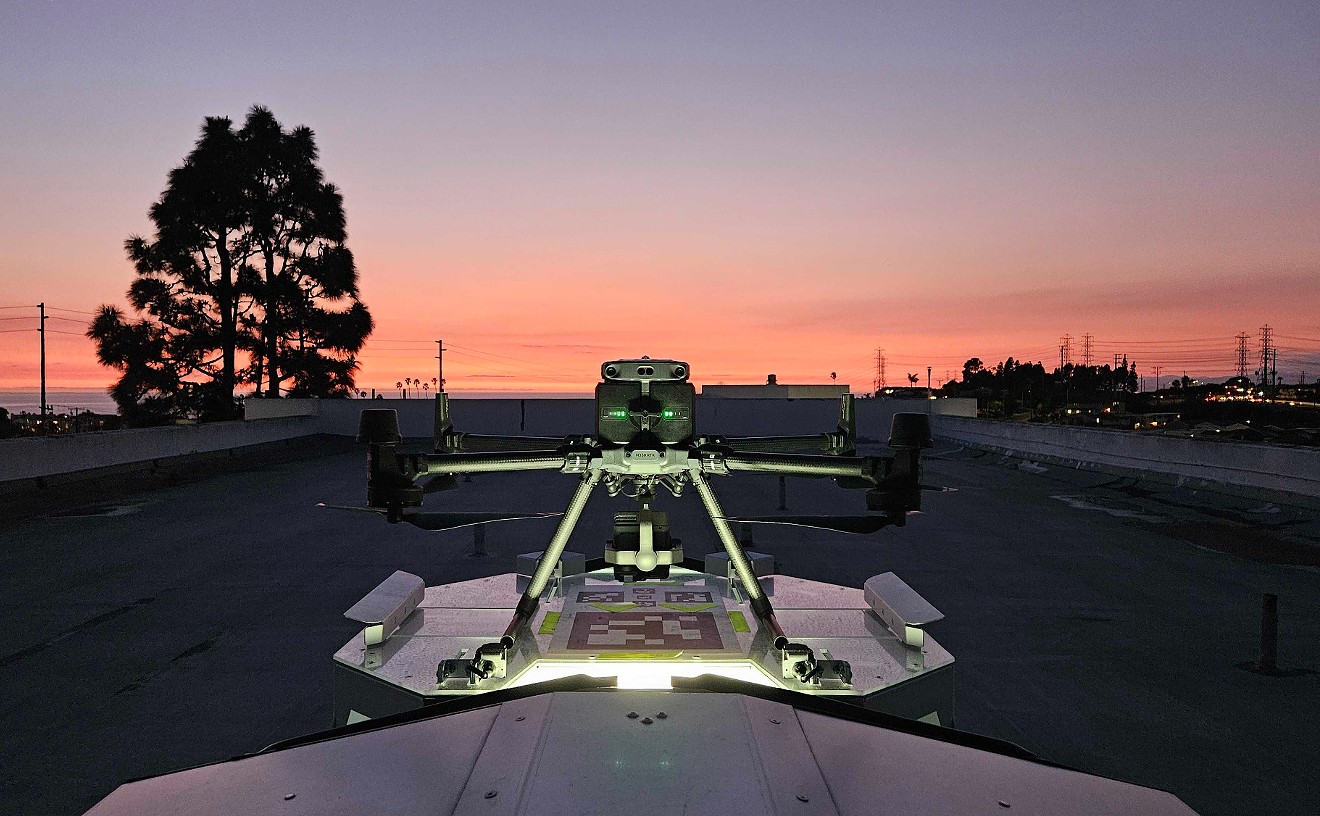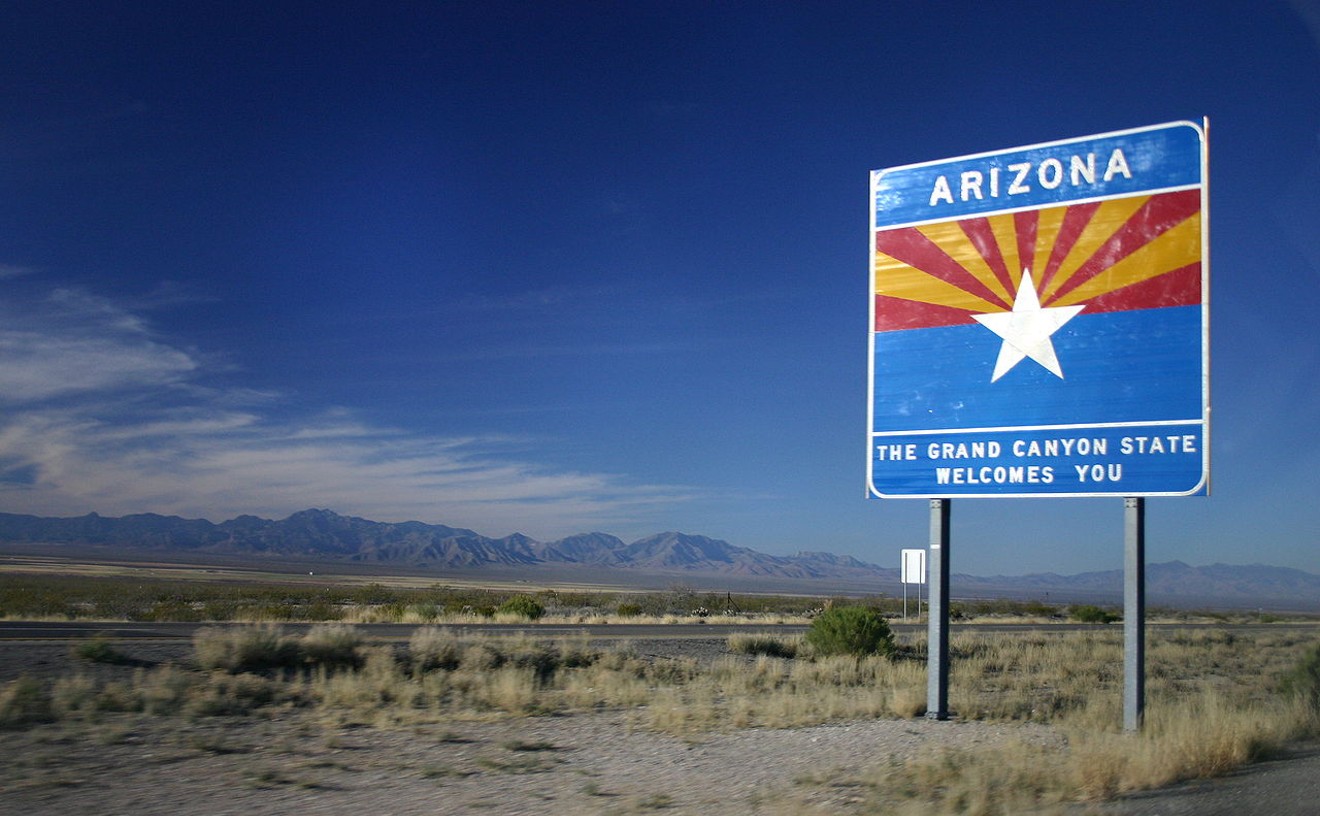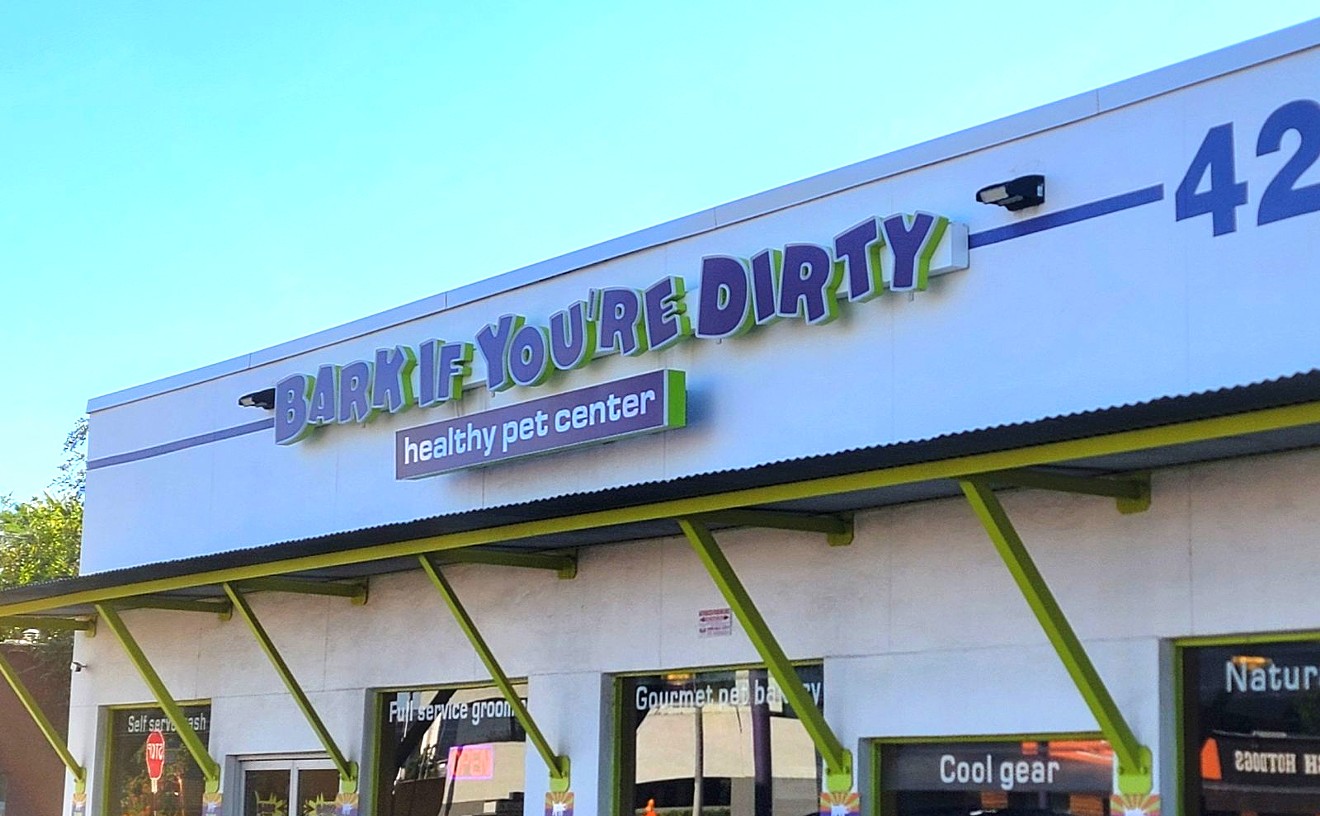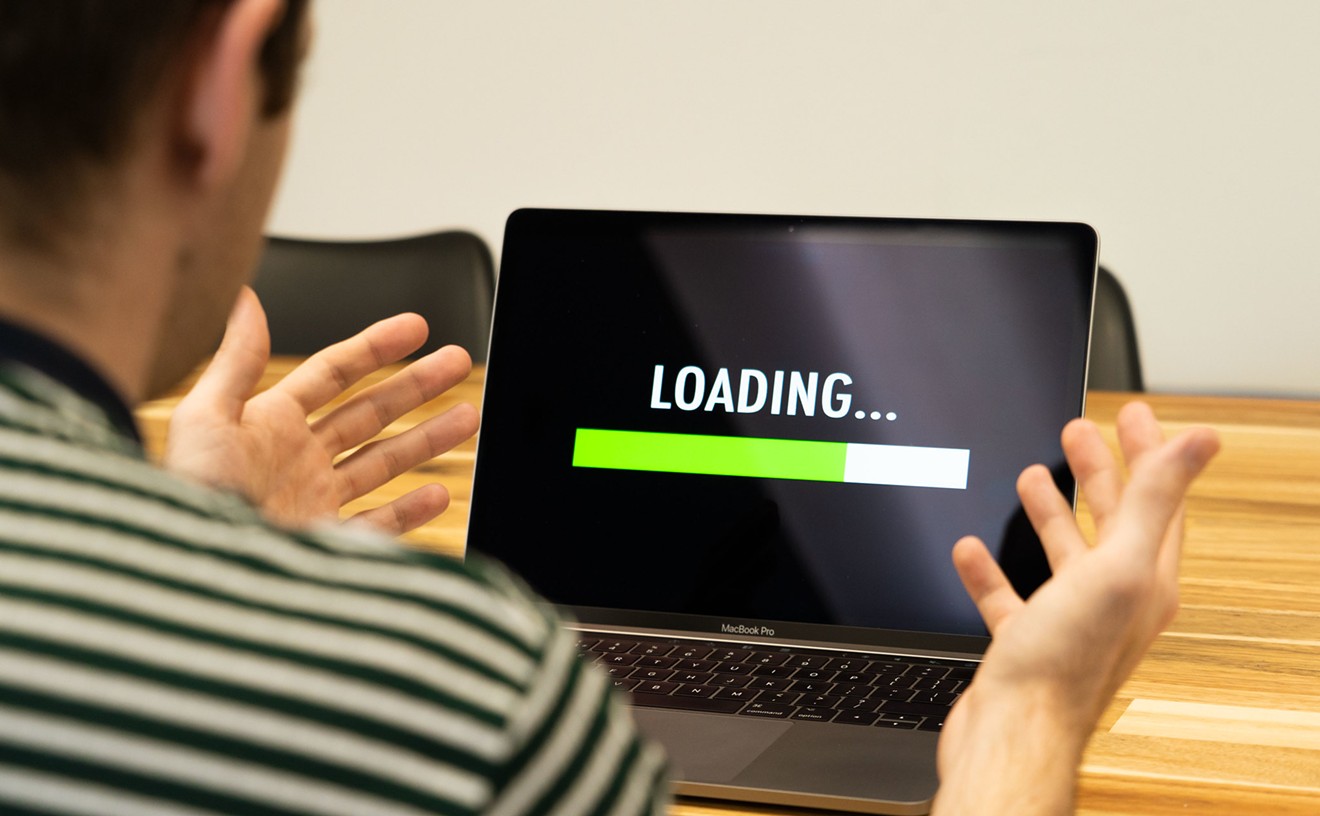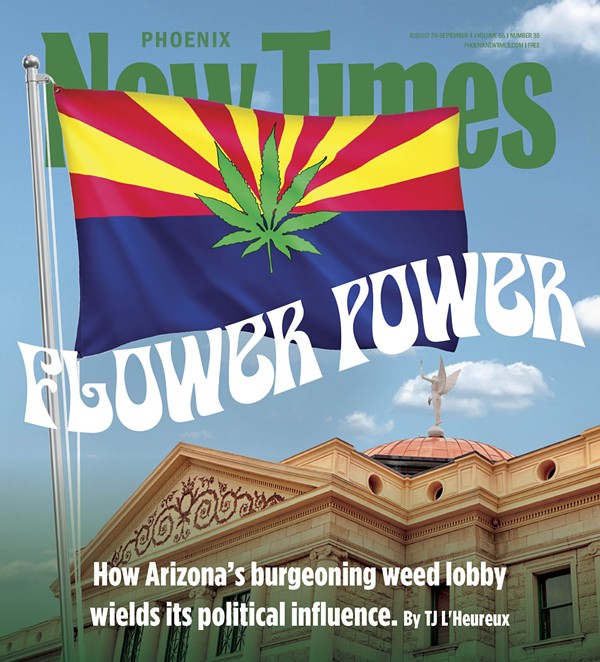Approved on Aug. 22, the new booster shot is designed to combat the KP.2 strain of the virus’ Omicron variant. According to the Centers for Disease Control and Prevention, the KP.2 strain contributes to an estimated 14.4% of COVID-19-related illnesses in the United States.
Peter Marks, director of the FDA’s Center for Biologics Evaluation and Research, said in a press release that “vaccination continues to be the cornerstone of COVID-19 prevention” and assured that the updated vaccines “meet the agency’s rigorous, scientific standards for safety, effectiveness and manufacturing quality.”
He encouraged all eligible individuals to receive an updated vaccine for “better protection against currently circulating variants.”
Here’s what to know about getting your shot.
Who should get the vaccine?
The CDC recommends everyone ages 6 months and older receive an updated 2024-2025 COVID booster shot, but it places special emphasis on:- First-time COVID vaccine recipients
- People ages 65 or older
- Those at high risk for severe COVID-19
- Residents of long-term care facilities
- People who are pregnant, breastfeeding, trying to get pregnant or might become pregnant in the future
- People who want to lower their risk of getting long COVID
Between 6 months and 4 years old: can receive two doses of the updated Moderna vaccine or three doses of the updated Pfizer-BioNTech vaccine if they have not been previously vaccinated. The doses decrease if a child previously has received one or more doses of either the Moderna or Pfizer-BioNTech vaccine in the past.
Between 5 and 11 years old: can receive one dose of either updated vaccine, regardless of previous vaccine history. Children in this category must wait at least two months after their last vaccination before getting an updated dose.
Ages 12 and older: eligible for a single dose of the updated vaccine. If an individual was vaccinated previously, they must wait at least two months before receiving an updated dose.
The CDC does not recommend an additional dose for individuals ages 65 and older unless they are moderately or severely immunocompromised. Anyone over the age of 6 months who falls into the immunocompromised category may receive one or more doses of the updated vaccine.
Where can I get the new booster?
Currently, CVS pharmacies are the only sites confirmed to carry the updated vaccine. Walgreens locations across the Valley will begin carrying the updated vaccines on Sept. 6.The CDC vaccine locator currently is under maintenance but is slated to go live once the vaccines become widely available.
Those with health insurance may be able to receive an updated vaccine directly through their healthcare provider. For the uninsured, Maricopa County offers free vaccine events throughout the month, but the website does not state if the updated vaccines currently are available.
What are the COVID numbers in Arizona?
Like most of the country, Arizona saw an increase in reported COVID cases this summer. The Arizona Department of Health Services recorded 3,420 cases for the week of Aug. 11 — the highest number this year since the week of Jan. 21.Overall cases are down from past years, but so are the number of filed reports. Will Humble, executive director of the nonprofit Arizona Public Health Association, said the shift from mass testing sites to at-home tests makes it difficult to accurately track cases across the state.
“All those pop-up clinics were reporting the results, so you could compare,” he said. “As of a couple of years ago, the majority of positive tests are from home test kits, and none of that data gets reported.”
Wastewater surveillance is still recorded by the CDC each week, but Humble likens this method to “grasping at straws.”
“I prefer to monitor emergency department visits and hospitalizations,” Humble said. “While that may not give a great view into the number of cases, it gives you a picture of what the public health burden is.”
Although the data isn’t recorded as strictly as in years past, the CDC classifies Arizona’s epidemic status as “likely growing.”
So far, there have been just shy of 10,000 COVID-related hospitalizations this year, amounting to 13.9% of the 72,061 cases reported since Jan. 1. That’s a much lower hospitalization rate than in past years. From 2021 through 2023, according to the state health department’s three-year average statistics, hospitalizations approached 10,000 by the middle of February each year.
If you’re concerned that you might have COVID, you’ll be able to have four free COVID test kits mailed to your home starting in September.

